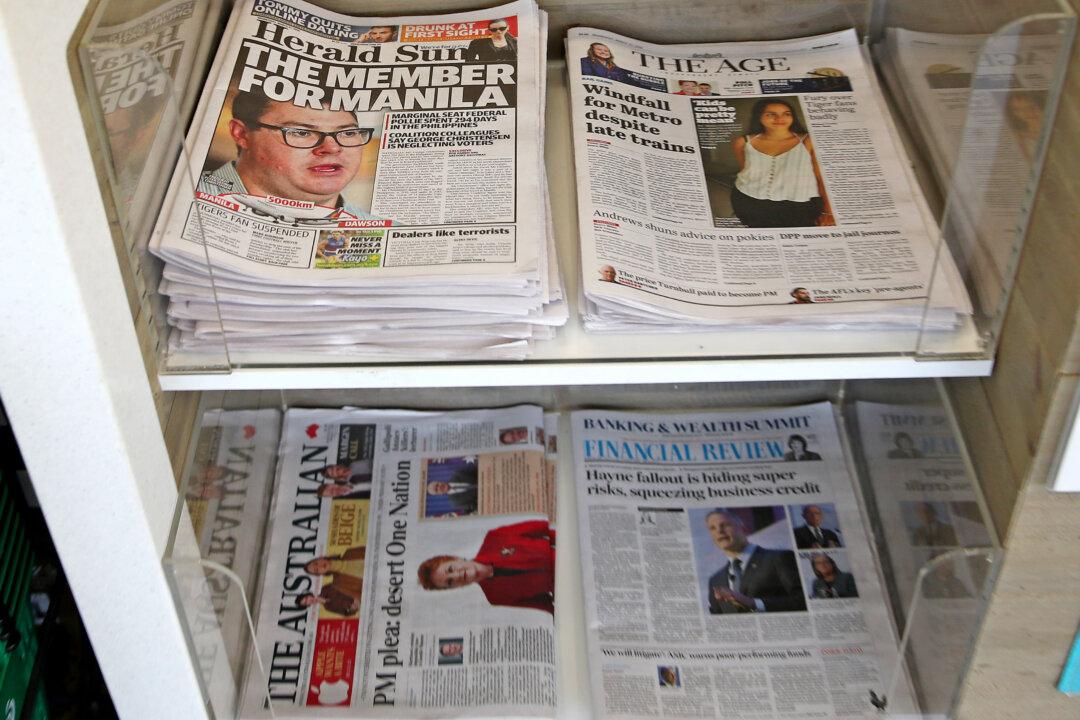The federal government announced on June 29 it would be putting $50 million dollars into regional media services in the 2020-2021 financial year.
In a press release, the Morrison government said that 107 regional publishers and broadcasters were successful in applying to the Public Interest News Gathering (PING) program with each receiving a share of $50 million.




